In a dark room, words, motions, and even thoughts are amplified.
Echo Chamber places its audience inside a room where the only sound is the sound that they make, cycled through a audio feedback loop; and the only light is light that follows this sound’s pitch and volume.
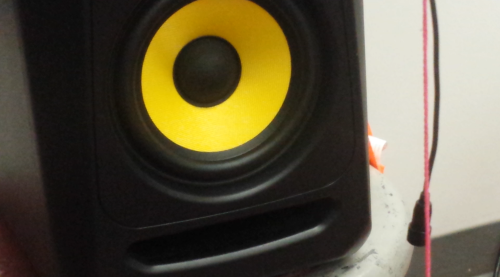
The piece places its audience unexpectedly in control of this room, and explores how they react. Do they explore its sounds and lights? Do they try to find order in the feedback? Or do they shrink back, afraid that the feedback will grow out of control?
What happens if I look inside?
Curiosity is a powerful force. Look Inside! explores how people react when presented with a non-descript box and an offer to look inside.

If people choose to peer inside the box, they find a mechanical drum set, which begins to play a simple but incessant beat. The beat grows in speed and intensity, and the box begins to shake!
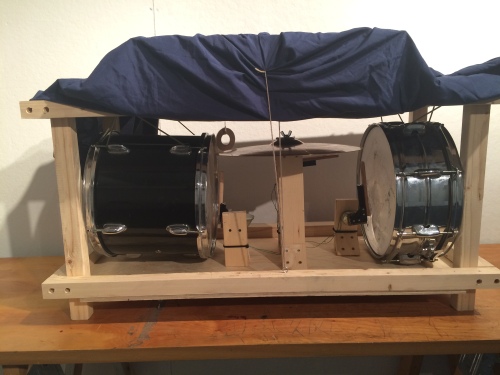
At this point, people interacting with the piece have a choice: back away and attempt to dissociate themselves from the commotion they’ve caused, or keep watching. When Look Inside! was displayed, some people ran, and some stayed. Some even came back to play again.
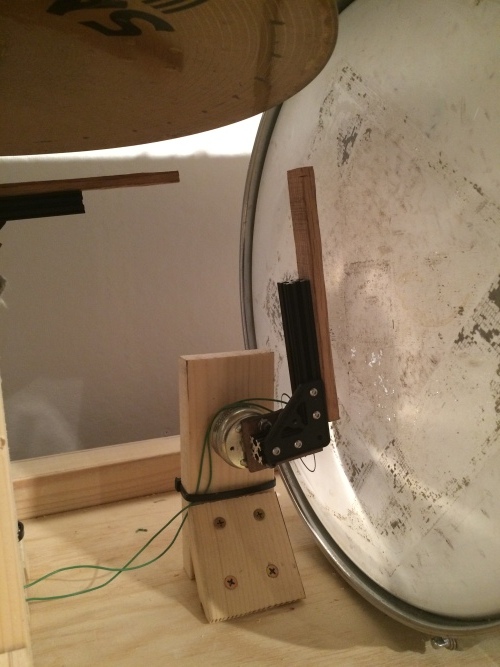
Look Inside! explores curiosity, responsibility, and control. Would you look inside?
“When ships to sail the void between the stars have been built, there will step forth men to sail these ships.”
― Johannes Kepler
Satellites are funny things. It’s easy to forget how rapidly they circle the earth: it takes us a day to make a full rotation, but some satellites can complete an orbit in an hour and a half. At those speeds, reality is warped, and time bends.
What’s even stranger is that one of these satellites, the International Space Station, has people in it.
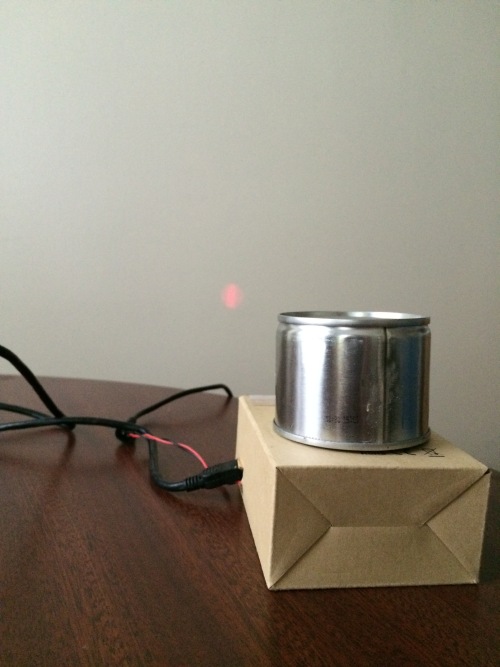
“Ships to Sail the Void” plots the trajectory of the Space Station with a laser that it shines onto nearby surfaces. When it is activated, it takes a minute to show the path that the Space station will take over the next one hundred minutes.
Every time that it runs, it pulls fresh data from the satellite database at n2yo.
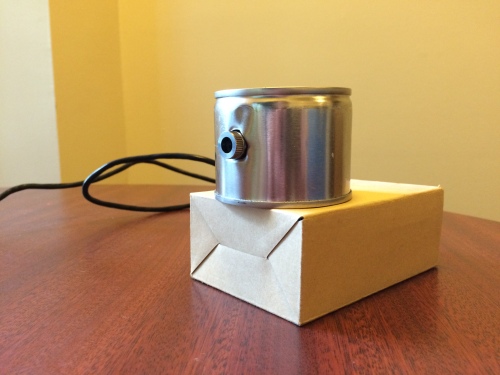
It brings the strange, distant concept that is space travel down from the void, into your room.
“Noise” will be a collaborative, physical music-looping device.
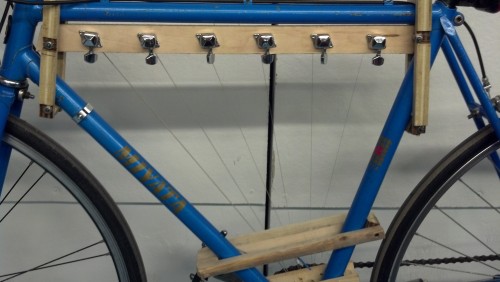
It’s been said that a quiet bike is a well-maintained bike. That may be true, but musical bikes are much more fun.
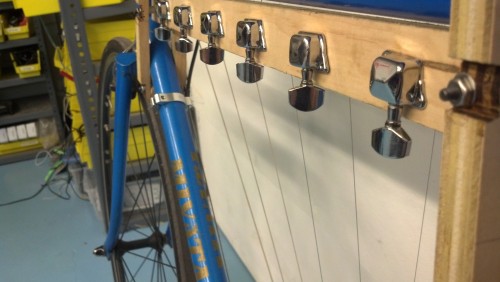
“Cyclic” takes a normal, functional bike, and extends it into a string instrument.
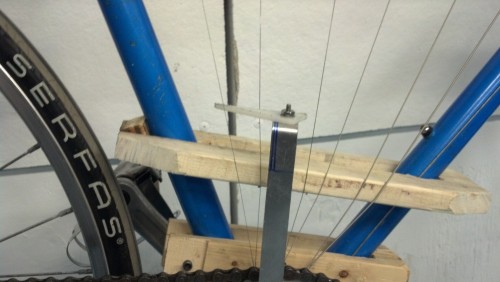
It requires little effort to play. Rather, the cyclist produces music passively with “Cyclic”. As they pedal, they strum the strings.
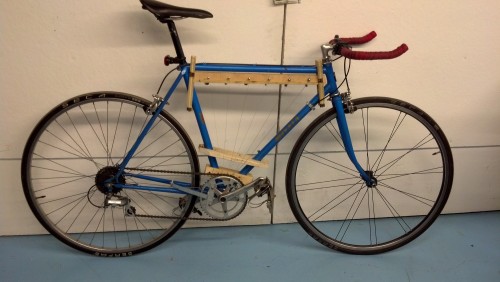
Cycling is a very rhythmic activity. “Cyclic” takes these rhythms, and turns them into melodies.

The dresses in this collection integrate servo-mounted lasers. The lasers sweep across crystals, creating strong points of light on the wearer and shining beams of light into the distance.
more…

A band of light floats slightly above the head of this hat’s wearer. This illusion is due a propeller mounted with LED strips which appear as a single band due to persistence of vision.
more…
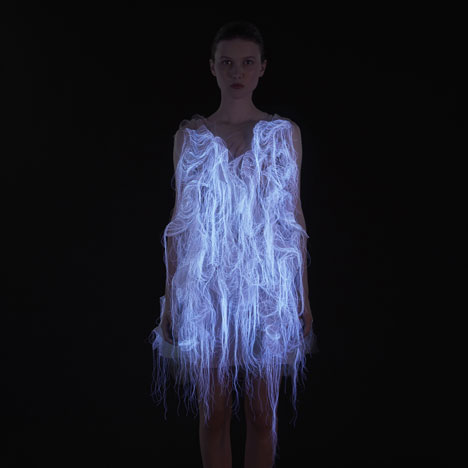
When the lights go out, these dresses provide their own light.
And when other gaze at them, tendrils on the dresses writhe around in response.
more…
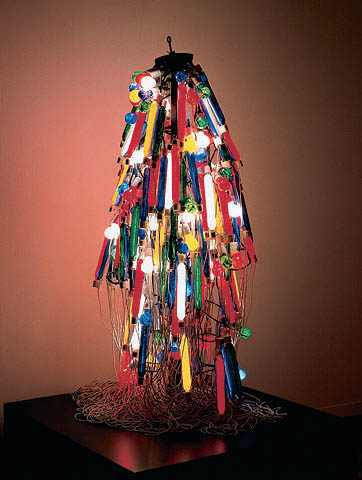
A very early piece of wearable electronic fashion, ‘Electric Dress’ is covered in a variety of lights and was worn by Tanaka to exhibitions.
more…

This vest monitors the wearer’s heartrate and decides based on its readings which sounds to play into the wearer’s ears.
more…














